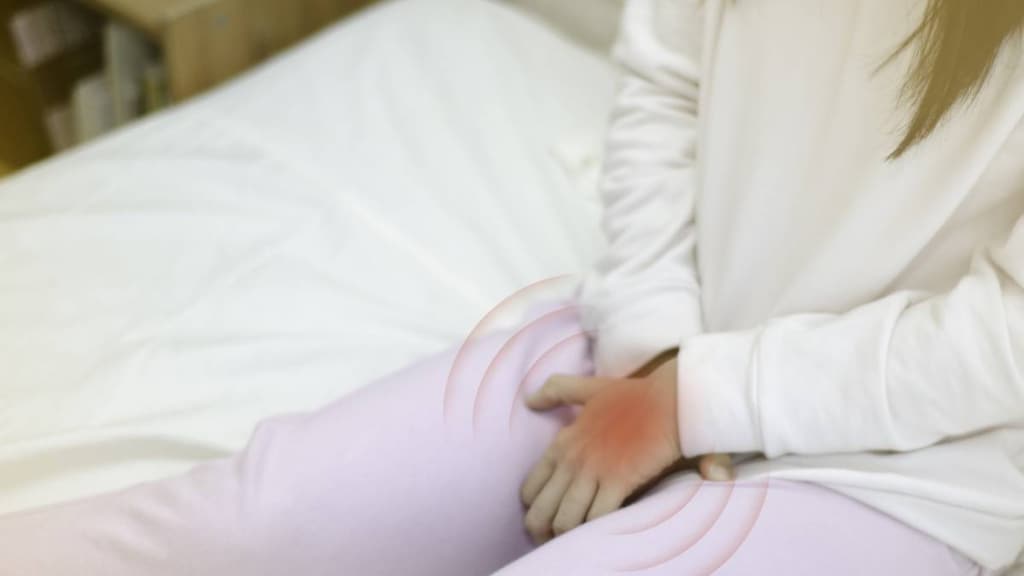
What is vaginal candidiasis?
Vaginal candidiasis is a type of yeast infection in the vagina that is caused by the Candida fungus.
Vaginal yeast infections are common in women, but yeast infections may also affect the mouth, gut, penis, anus, and other parts of the body.
Vaginal yeast infections are also known as candidiasis or vaginal thrush.
What causes vaginal candidiasis?
The yeast, Candida Albicans, is the most common cause of vaginal candidiasis. Yeasts are a type of fungus.
Vaginal yeast infections are caused by an overgrowth of the yeast within the vagina, and are very common, affecting around 75% of women at least once in their lifetime. A healthy vagina contains bacteria and some yeast cells, but a disruption in the balance of yeast and bacteria causes an overgrowth of yeast cells and symptoms of vaginal thrush.
Factors that may cause a disruption in the balance of bacteria and yeast include:
- Antibiotic use
- A weakened immune system
- High-dose estrogen birth control
- Pregnancy
- Uncontrolled diabetes
- Using vaginal douches or vaginal sprays
- Wearing tight underwear and synthetic clothes that don’t breathe
Although vaginal yeast infections are not considered a sexually transmitted infection, sexual intercourse can trigger or spread them. Women who aren’t sexually active can also get them. Some women are prone to yeast infections and get them relatively regularly.
What are the symptoms of vaginal candidiasis?
Symptoms of vaginal candidiasis may include:
- Intense itching or irritation around the genital area
- A burning sensation, especially during intercourse or while urinating
- A thick, white, odor-free, discharge (may resemble cottage cheese)
How do you treat vaginal candidiasis?
Treatment of vaginal candidiasis usually involves topical or oral antifungals, such as butoconazole, clotrimazole or fluconazole.
Symptoms usually resolve quickly, although in more severe cases treatment may be needed for up to two weeks.
How can you prevent vaginal candidiasis?
The risk of yeast infections may also be lessened by staying hydrated and urinating when the need arises, not holding it in.
Women should wipe from front to back after a bowel movement, urinate before and after sex, and avoiding using douches, vaginal sprays, and scented feminine hygiene products.
They should also avoid wearing restrictive, synthetic clothing, or change out of such clothing as soon as possible after exercising or swimming.
Eating natural, unsweetened yogurt that contains Lactobacillus acidophilus may also help prevent yeast infections occurring.




